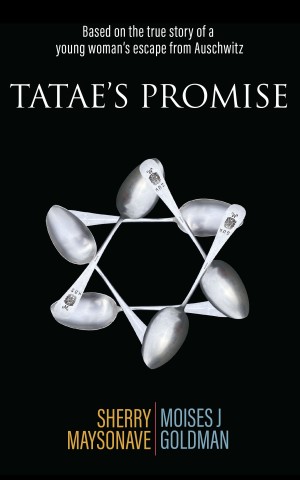My mother-in-law grew up in a shtetl in Poland. She eventually moved to Lodz before she was sent to Auschwitz as a young woman. She grew up in a Hasidic family, with almost no exposure to classical music. Yet, when I knew her as a middle-aged woman, she would often hum the melodies of Bach and Beethoven. She explained that to keep sane inside their concentration-camp bunks, musicians would “play” their music by humming tunes. From these interludes in the depths of an unimaginable nightmare, my mother-in-law learned classical music. For both real and fictional concentration-camp survivors, like Eva Fleiss, music could have a healing, even redemptive, power.
Finding Home is a poignant tale that describes the return of Eva Fleiss and five other Jews to Laszlo, a small town in Hungary. Each of the Jewish survivors experiences the town and their return to it slightly differently. But what they share is an utter sense of being alone. They are, with a few exceptions, the sole survivors of their families. Their homes have been given to local Hungarians. Their businesses have been taken away. Their families have been murdered. They are housed together in an abandoned hotel — and they only have one another.
At first, the story feels familiar. Hasn’t it been told many times before? But what is new here is the nuanced response of certain non-Jews to the Jews returning home. They believe that businesses and homes should be given back to the Jews. They feel guilty for ignoring what the Jews have gone through and are ashamed of their past silence. While these characters may seem unreal and glibly created, in the end, Cycon wants the reader to understand how easily the voices of good people can be drowned out by the ill will of murderers.
Finding Home is, ultimately, a story about redemption and hope. Eva’s plan to one day attend a music conservatory sustains her in the camps. Thanks to the support of her small group of fellow survivors and, unexpectedly, the mayor of Laszlo, she is able to pursue that dream. Music, the book seems to say, has the power to sustain life, giving survivors like Eva the miraculous ability and desire to carry on when all else is lost.
Marian Stoltz-Loike, Ph.D. is author, speaker and academician. She is the author of Dual Career Couples: New Perspectives in Counseling and Cross-Cultural Communication.





